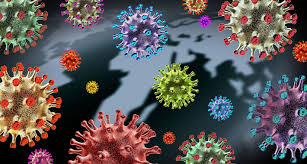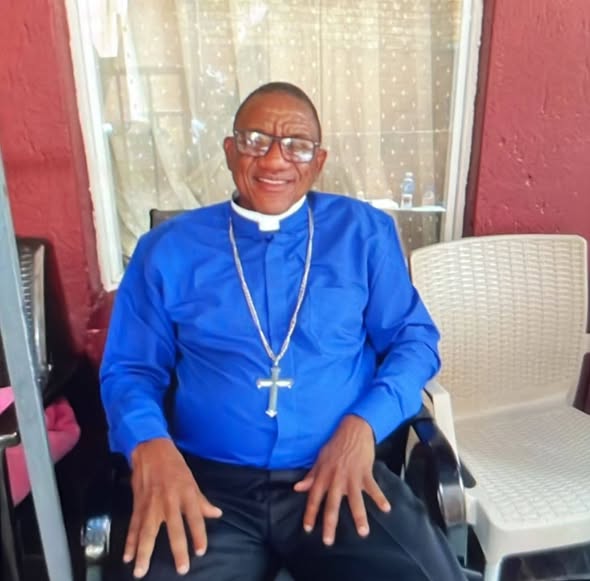
The World Health Organization (WHO) has issued a cautionary advisory, urging countries to remain vigilant and closely monitor the evolution of new COVID-19 variants. The WHO emphasizes the importance of preventing healthcare systems from becoming overwhelmed and advocates for active vaccination efforts to curb the spread of emerging strains.
A newly identified variant, NB.1.8.1, has contributed to a rise in COVID-19 cases across Europe and the United States. According to virology expert Julio Lopez, current data suggests that this variant may spread more easily and has the potential to partially evade immunity gained from previous infections or vaccination.
The symptoms associated with NB.1.8.1 are similar to those of previous variants and include fever or chills, cough, shortness of breath, sore throat, nasal congestion or runny nose, recent loss of taste or smell, fatigue, and muscle or body aches. This strain, a derivative of the Omicron variant, was first discovered in January 2025 and initially reported in Egypt, Thailand, and the Maldives.
The WHO is urging health authorities worldwide to maintain close surveillance and promote vaccinations to mitigate the impact of this evolving threat. The organization’s message is clear: getting ahead of this variant before it’s too late is crucial. As the world navigates this new variant, one thing is certain – the battle against COVID-19 is far from over. The WHO’s call to action serves as a reminder of the ongoing need for vigilance and cooperation in the face of this persistent global health threat.
end//..








